Led Zeppelin IV Is the Band's Best Album—Even If Rock Critics Hate It
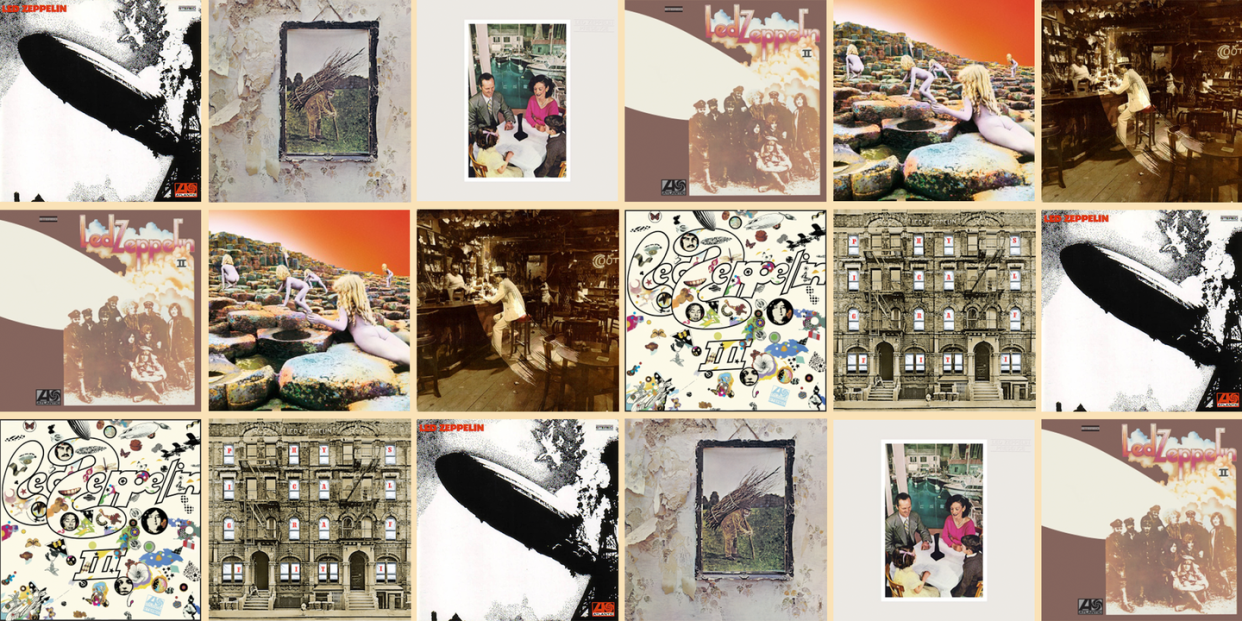
It's wild that Led Zeppelin's lifespan was only 10 years and eight proper studio albums. Although the band came to an end in 1980 following the death of drummer John Bonham, its music and influence has lasted for half a century (Led Zeppelin's debut album celebrated its 50th anniversary this year).
Some of Zeppelin's biggest hits are now timeless classics and standards that have influenced five decades of rock music and beyond. And although Zeppelin's last two albums reflect a band in decline, it remains an ever-constant debate about how to rank their first six records. Below, we rank all Led Zeppelin albums from worst to best.
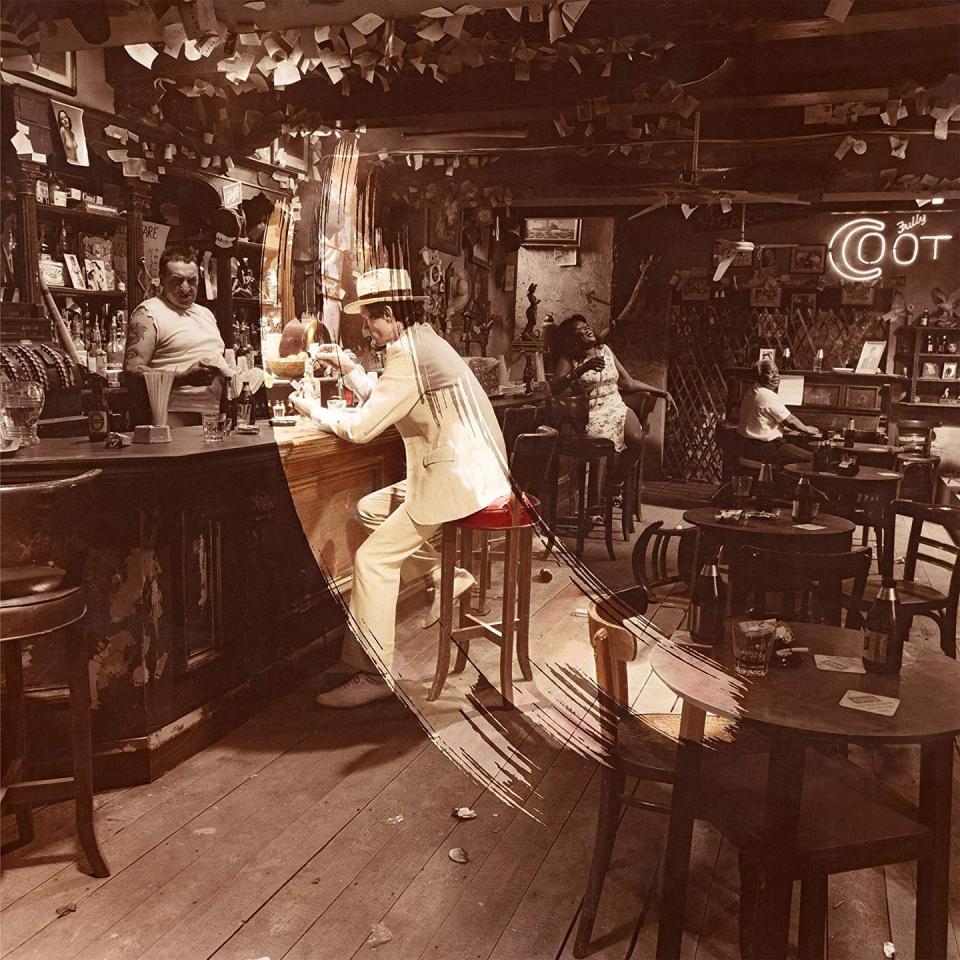
8. In Through the Out Door (1979)
For our interests here, we're considering In Through the Out Door the last proper Led Zeppelin album. 1982's Coda was released after the death of John Bonham in 1980, and consists of unused material from the band's career. So that leaves In Through the Out Door, which-even though it was recorded before Bonham died in 1980-was still an album created during much personal strife within the band.
Zeppelin started recording the record in late 1978, when the band was at a musical crossroads, burnt out on the traditional label structure, and Robert Plant was grieving the loss of his son Karac a year before. The band was uncertain about its future, and that can be heard on an album that has difficulty navigating a new decade where Zeppelin's style of rock was rapidly being exchanged for new emerging trends. While "All My Love" remains a touching tribute to Plant's son, and "Fool in the Rain" became a radio hit, the album is-as a whole-representative of Led Zeppelin's tragic ending.
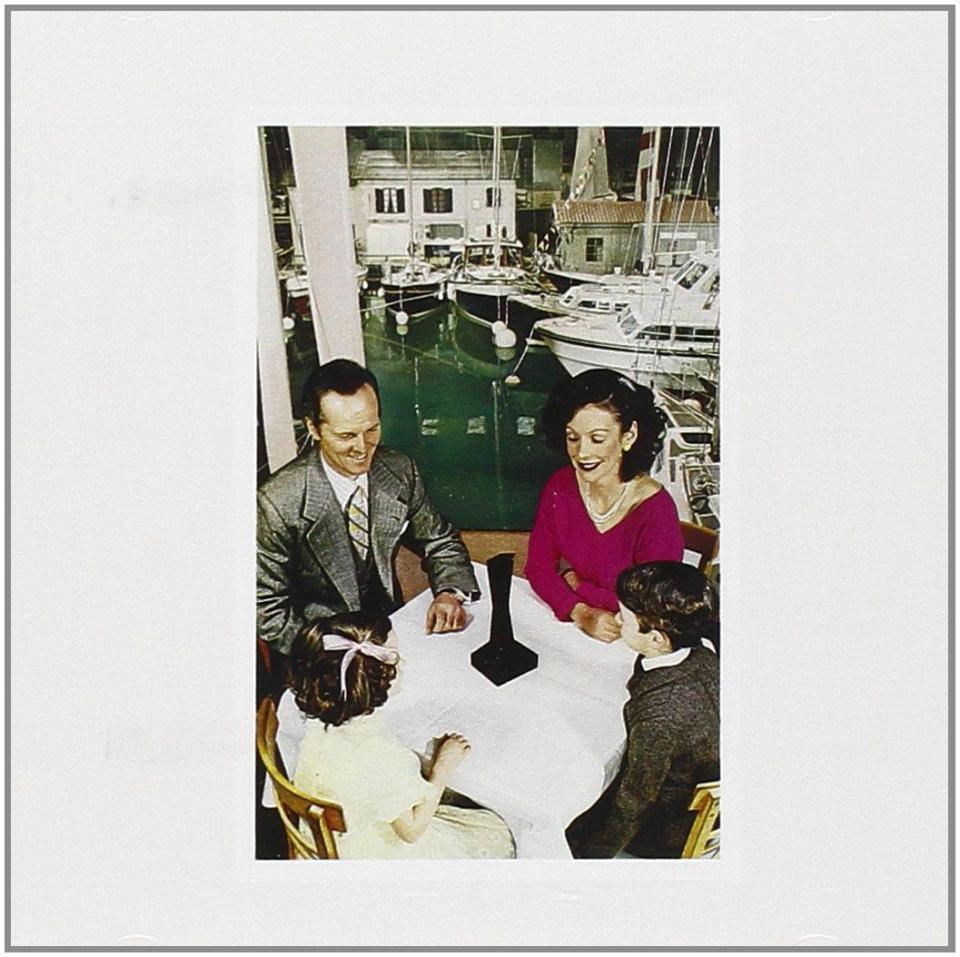
7. Presence (1976)
The first 10 minutes of Zeppelin's Presence are among the band's most explosive work. But that's all thanks to one song, the monstrous "Achilles Last Stand," a 10-minute track as monumental as its title suggests. Unfortunately, Presence goes immediately downhill from there, as it transitions into the clunky and disjointed "For Your Life," as if the band spent all its energy on "Achilles." And it never recaptures that momentum-something with which even listeners seemed to agree, as this was Zeppelin's lowest-selling album of it entire active career.
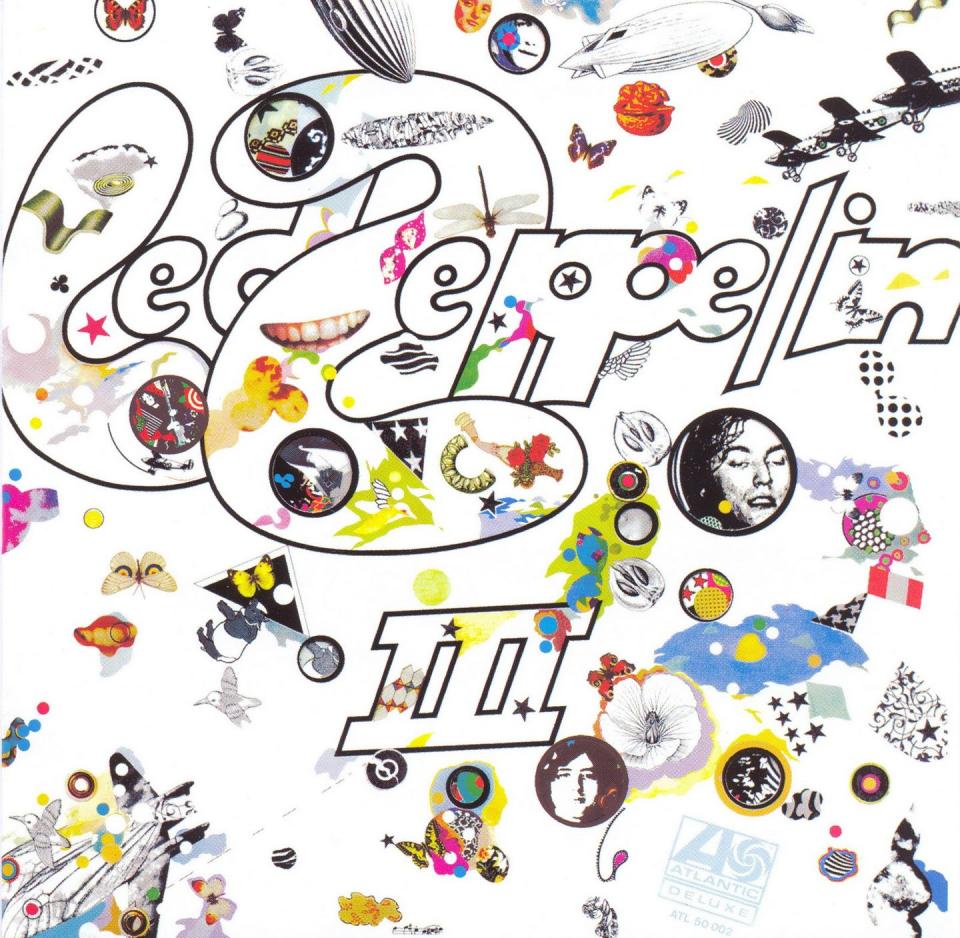
6. Led Zeppelin III (1970)
When it comes to ranking Zeppelin's first six albums, any fan of the band will have a different list. Presence and In Through the Out Door are often considered the result of a band in decline creatively. And despite "Immigrant Song"-as well as some fine acoustic work that shows the band's range-III failed to have a lasting cultural impact like other records in its catalog. In fact, at the time, the album was considered a stumble for Zeppelin after the massive hard rock hits on II.
Thankfully, while the rest of the album isn't quite as memorable, cuts like "Tangerine" and "That's the Way" have stood the test of time for any fans interested in this side of Zeppelin. To its credit, III feels like a necessary step in Zeppelin's evolution to the triumph that is IV.
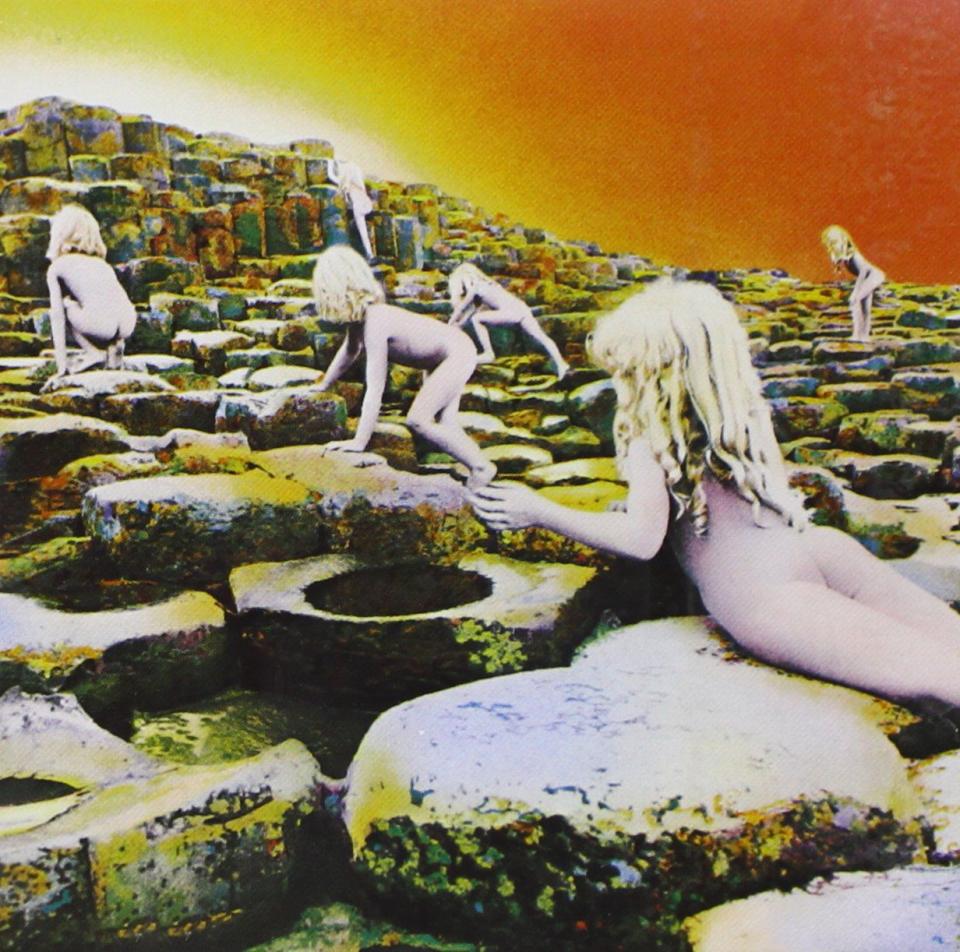
5. Houses of the Holy (1973)
Houses of the Holy is often one of the most polarizing of Zeppelin's six iconic albums. After the massive commercial and artistic success of Led Zeppelin IV, the band's follow-up had a lot to live up to. Zeppelin seized on that to take some huge risks on Houses of the Holy-to mixed results. There's the bizarre reggae-inspired "D'yer Mak Mak'er" and the synth and keyboard heavy "No Quarter," which remains one of Zeppelin's most fascinating works. And while "The Rain Song" and "Over the Hills and Far Away" are two pieces of classic Zeppelin beauty, the rest of the album suffers from some confusing moments that never really caught on in 1973, and certainly don't work today.
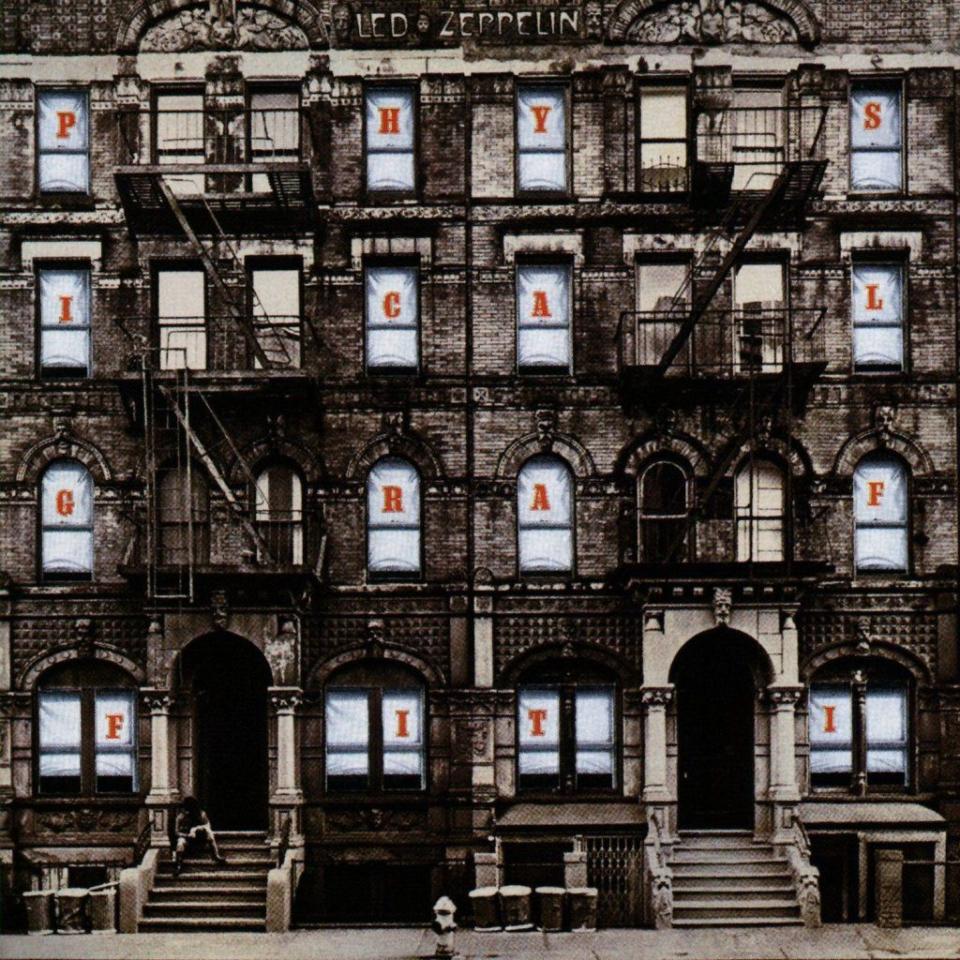
4. Physical Graffiti (1975)
Widely considered the last great Zeppelin album, Physical Graffiti marked the band's best attempt at experimentation. And although it doesn't have as many classic Zeppelin hits among its massive 15 tracks, it makes for some of the bands most interesting work. Tracks like "Kashmir" and "Trampled Under Foot" are unexpected deviations that the band pulled off in an incredible way.
Beyond that, Physical Graffiti is a treasure chest of Zeppelin deep cuts, with a half dozen great tracks like "Ten Years Gone" that haven't become over-played over the last four decades. There's even the weirdo charm of "Boogie with Stu" that features Ian Stewart from the Rolling Stones, and somehow works on this album.
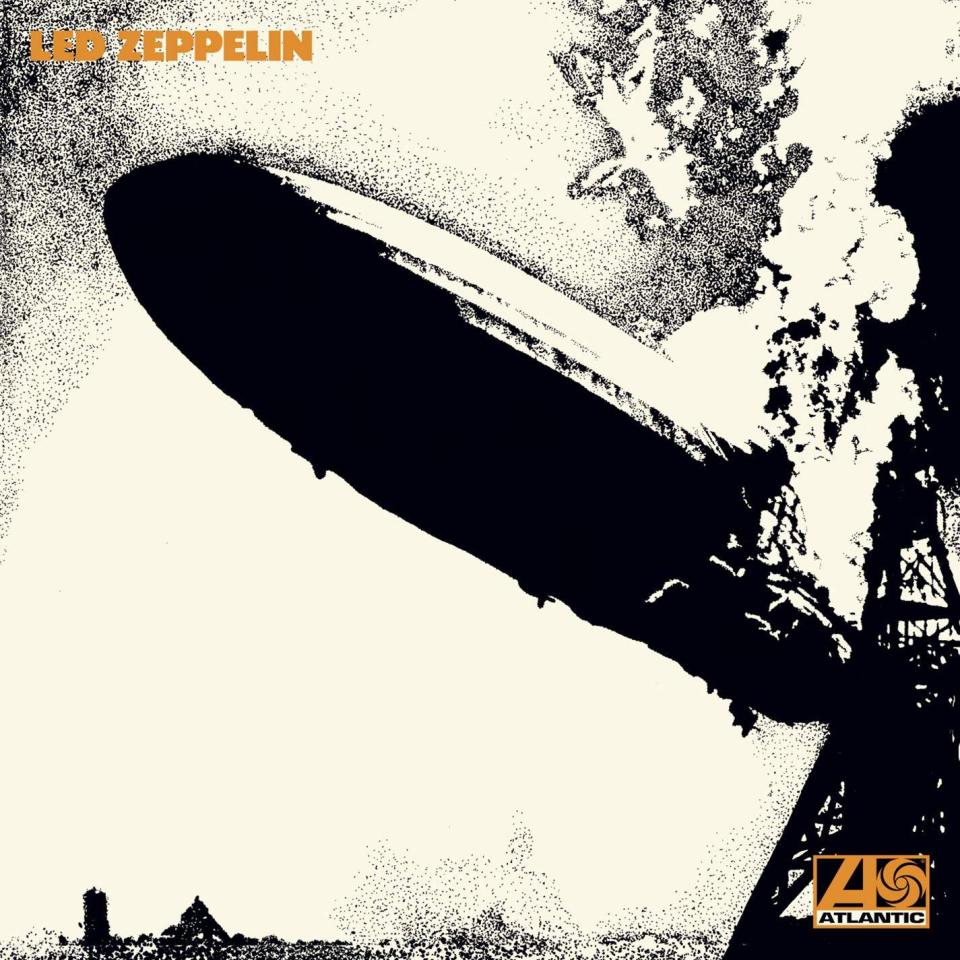
3. Led Zeppelin I (1969)
In the late 1960s, Led Zeppelin was doomed to fail. As the story goes, the name came from a running joke between the musicians that their band would go down like a lead balloon. In its infamous review of the band's debut album, Rolling Stone called Jimmy Page "a writer of weak, unimaginative songs." While Rolling Stone is not wrong that this debut record is largely a complete rip-off of a number of blues standards, the album did establish the musical prowess of Page, Robert Plant, John Paul Jones, and John Bonham. That Led Zeppelin went on to become one of the greatest rock bands of all time is a testament to the raw talent brought together in this group.
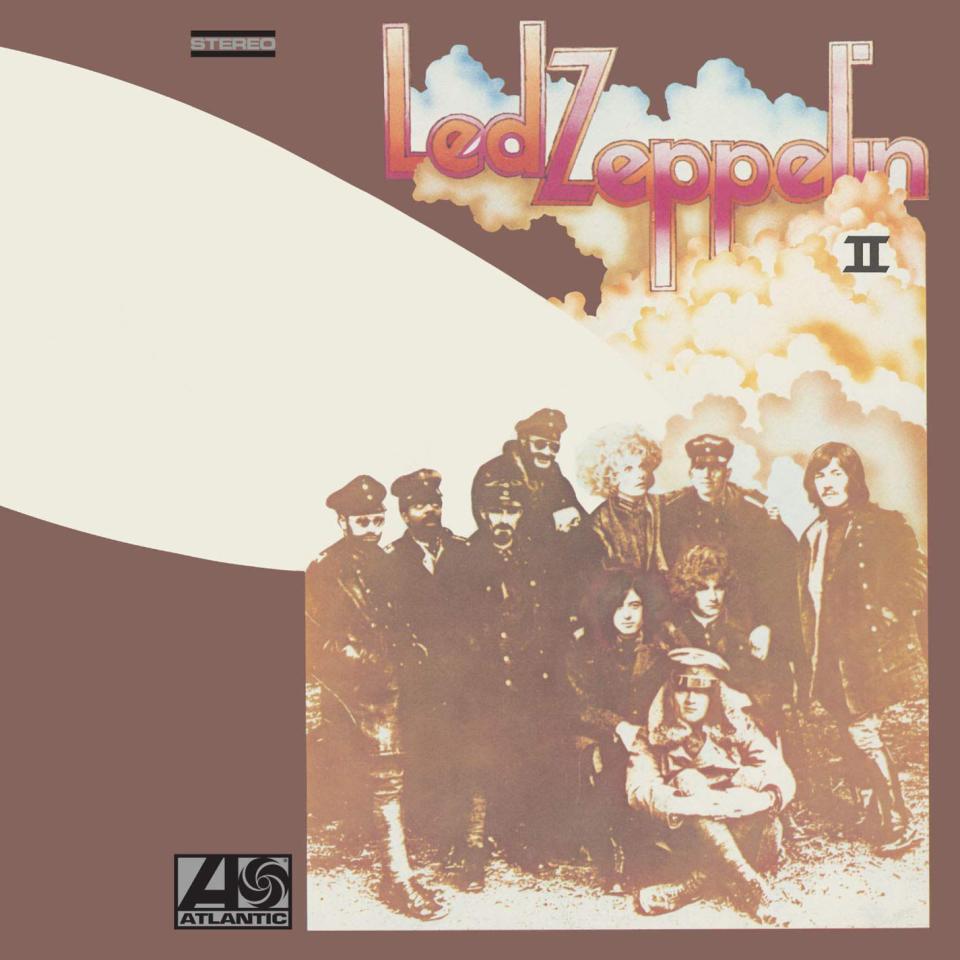
2. Led Zeppelin II (1969)
Where Zeppelin I suffered from being too reverent to their blues idols, II showed exactly what these musicians were capable of artistically. "Whole Lotta Love," "What Is and What Should Never Be," "Thank You," and "Ramble On" show Zeppelin's masterful range from stomping hard rock to breathtaking ballads. These songs not only established the Led Zeppelin sound, they remain among the band's defining tracks.
Released in October 1969, II largely helped direct where the genre would go for the next decade, with Zeppelin at the forefront of popular music. Zeppelin II has become the outline for heavy metal and rock albums, and is often considered one of the most influential records of all time for good reason. In fact, I very nearly listed it as number one, as it's my personal favorite Zeppelin album and the first record I remember taking from my dad.
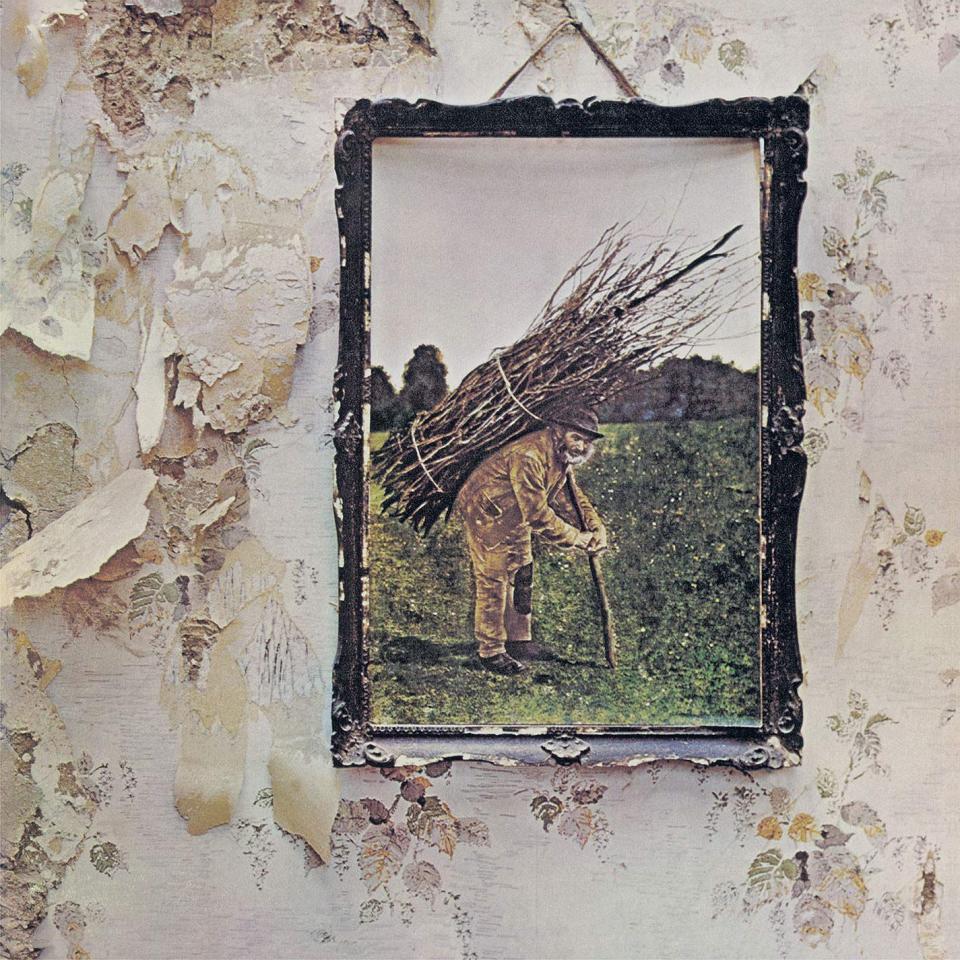
1. Led Zeppelin IV (1971)
It feels almost impossible to rank any album other than IV at the top of this list. Just one glance at the track list-"Black Dog," "Rock and Roll," "The Battle of Evermore," "Stairway to Heaven," "When the Levee Breaks," "Misty Mountain Hop," "Four Sticks," "Going to California"-is a collection of the most essential rock tracks in music history. In fact, upon writing that sentence I didn't plan on listing every track on the record, but couldn't decide which songs to leave out.
"Stairway to Heaven" is a cliche in this genre for a reason. There are entire books written about this song. Entire works just about Jimmy Page's guitar solo alone, one that has literally never been recreated since. But that one song is somehow not enough to overshadow the rest of the record, which in just eight tracks manages to hit the entire scope of Led Zeppelin music, from blues to ballads to hard rock.
What's interesting is that IV became such a stereotype of rock music success that both critics and fans have developed a biased hatred for it, as Steven Hyden explained in his 2018 book, Twilight of the Gods. Despite being viewed as a boilerplate rock album in 2019, it's impossible to ignore the lasting influence and success of IV.
('You Might Also Like',)

